So you’ve decided to take up the piano? Congratulations. Nothing can be as rewarding or as fulfilling as being able to sit down to the piano and play music. But also keep in mind that mastering the piano – any instrument for that matter – is not easy nor is it fast. It’s a long journey that can take a lifetime to master.
And that’s half of the enjoyment!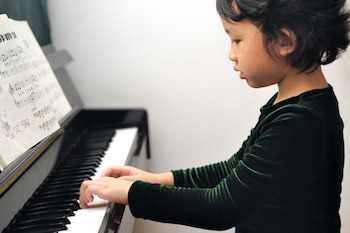
If you’re expecting instant results after a week or two of practice, you’re sure to be disappointed. Because playing the piano isn’t something you can pick up from playing a game on the computer, or conquer with a master class in piano over a long weekend.
It takes work. It takes performance. And it takes action day after day, week after week, month after month, year after year.
Enjoyment of the arts and fulfillment in your ability to play the piano does not come from rushed goals, tensed efforts, or the desire to quickly please your parents or win a competition. If your piano goals are to reach a certain expectation in a quick manner, you will be disappointed.
Part of mastering the piano comes more from having the desire to create beautiful music no matter what level you can currently play. It comes from the dedication to play again and again until you hear the musicality in what you are doing. Piano playing brings:
- Joy to your life
- Fulfillment in what you can do
- Maturity in knowing you can stick with a project
- Wisdom to help you grow as a person
- Meaning to your life
At the same time, it does also take sacrifice and compromise. You have to continue when you just aren’t feeling it; have faith that you will reach your goals when it feels like you never will.
Mastering piano is not easy … there is a long road ahead. But we believe the road is one well worth traveling; one that will grow and help you define who you are throughout your life.

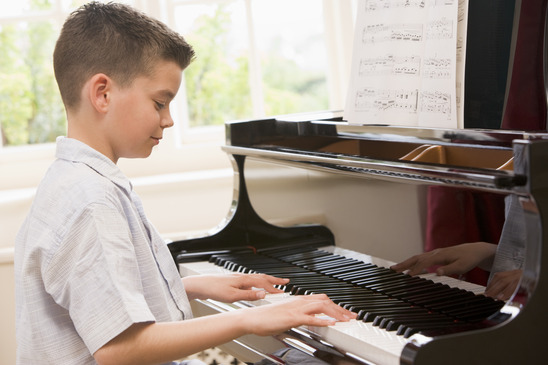

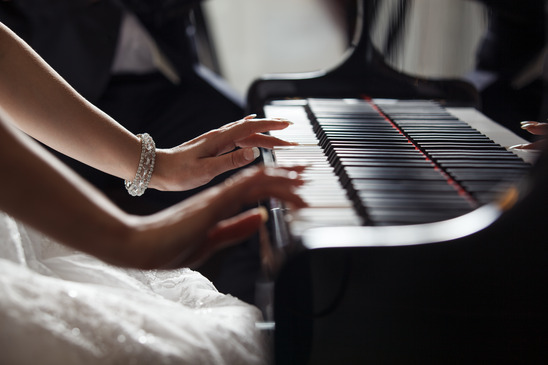 As she approaches college, she announces her love for the piano continues to grow. She wants to continue her love for piano beyond college and make it a full time career.
As she approaches college, she announces her love for the piano continues to grow. She wants to continue her love for piano beyond college and make it a full time career.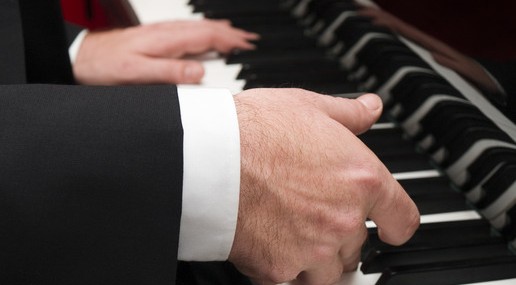
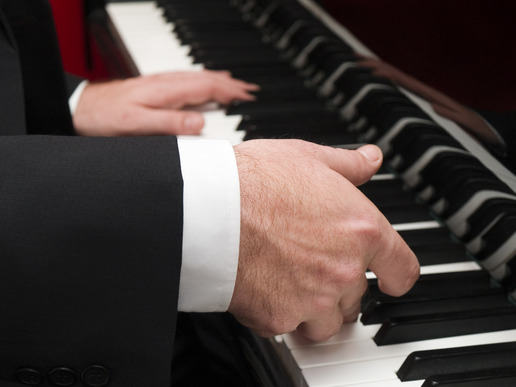 If piano playing was at the top of your New Year’s resolution list this year, and you want to give yourself the best chance possible of succeeding, keep these tips in mind.
If piano playing was at the top of your New Year’s resolution list this year, and you want to give yourself the best chance possible of succeeding, keep these tips in mind.

